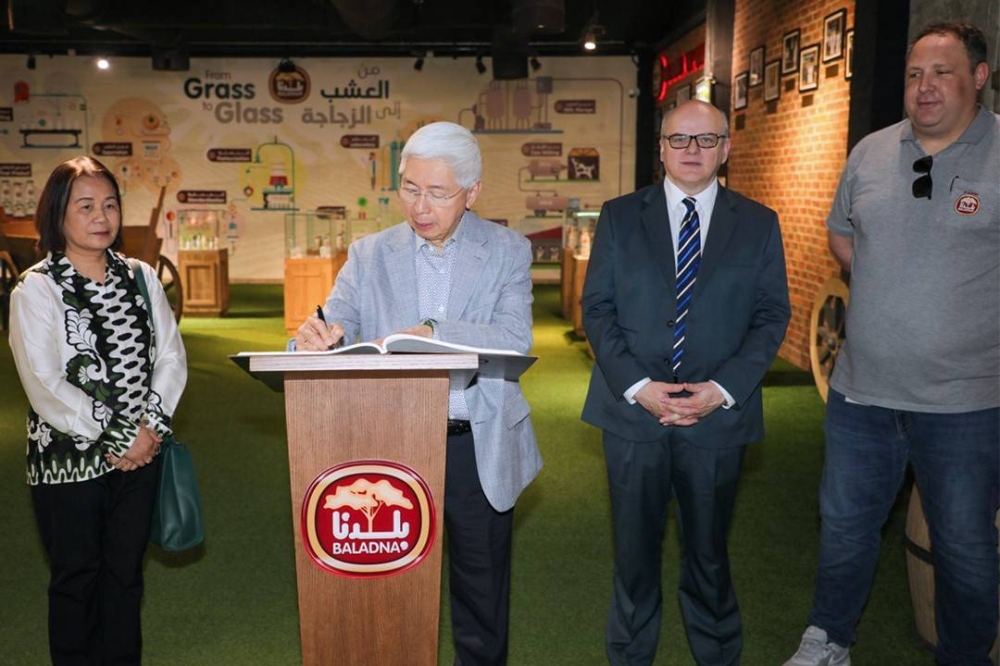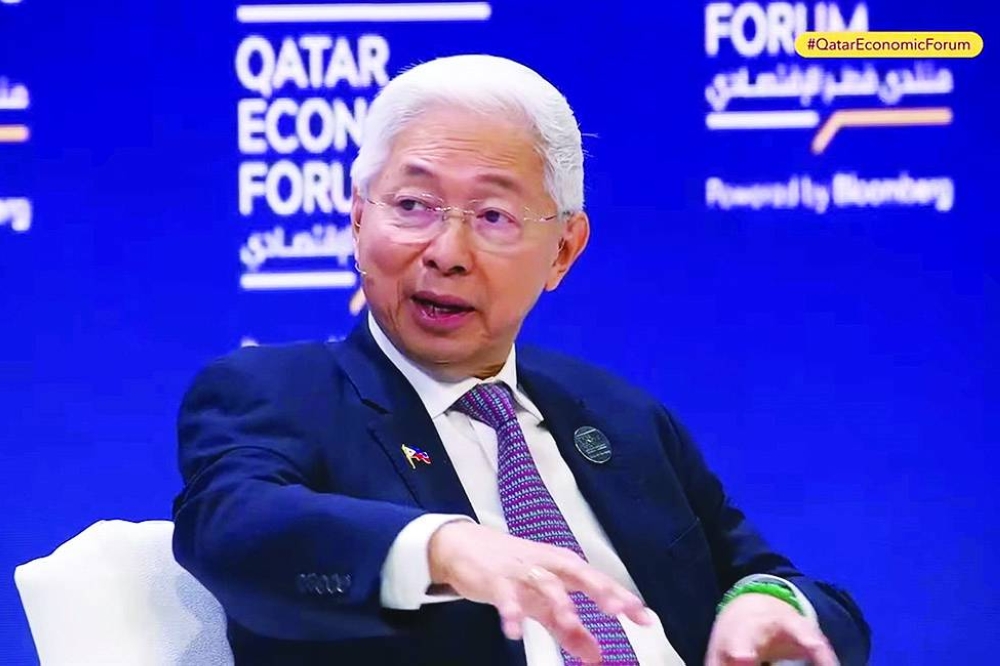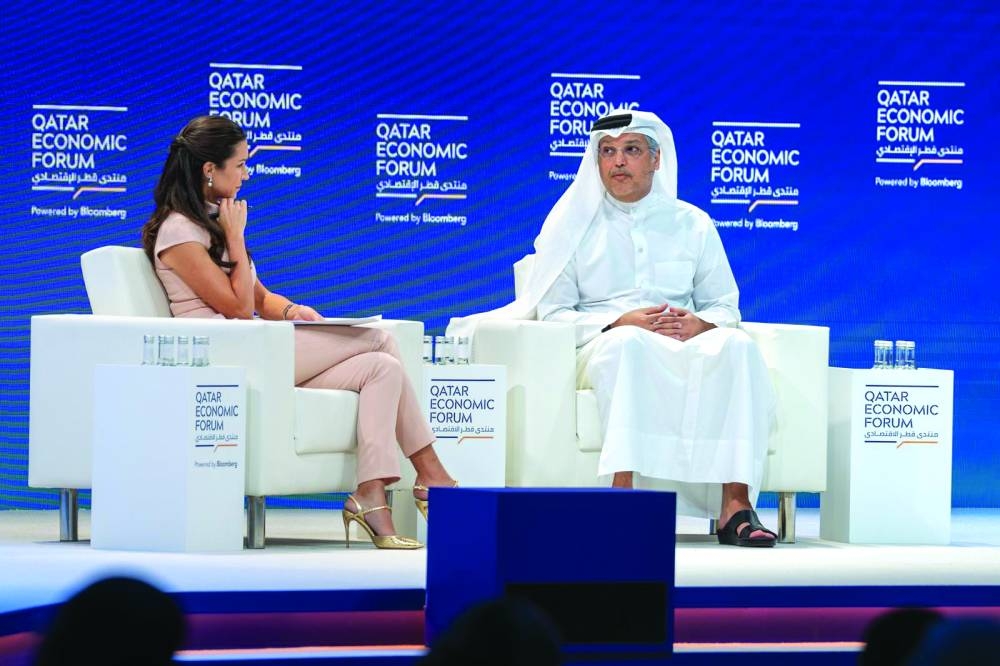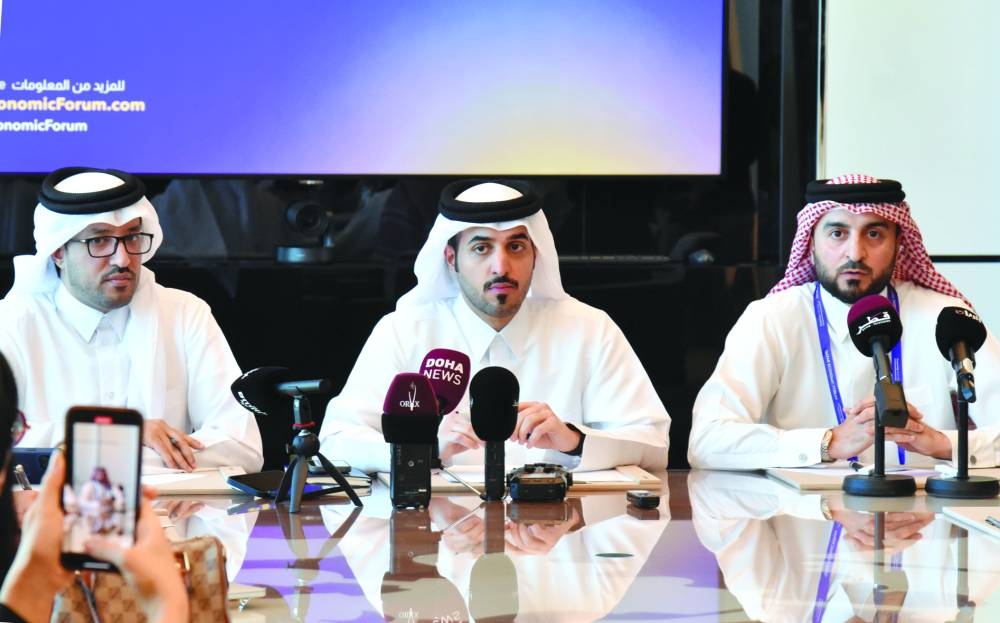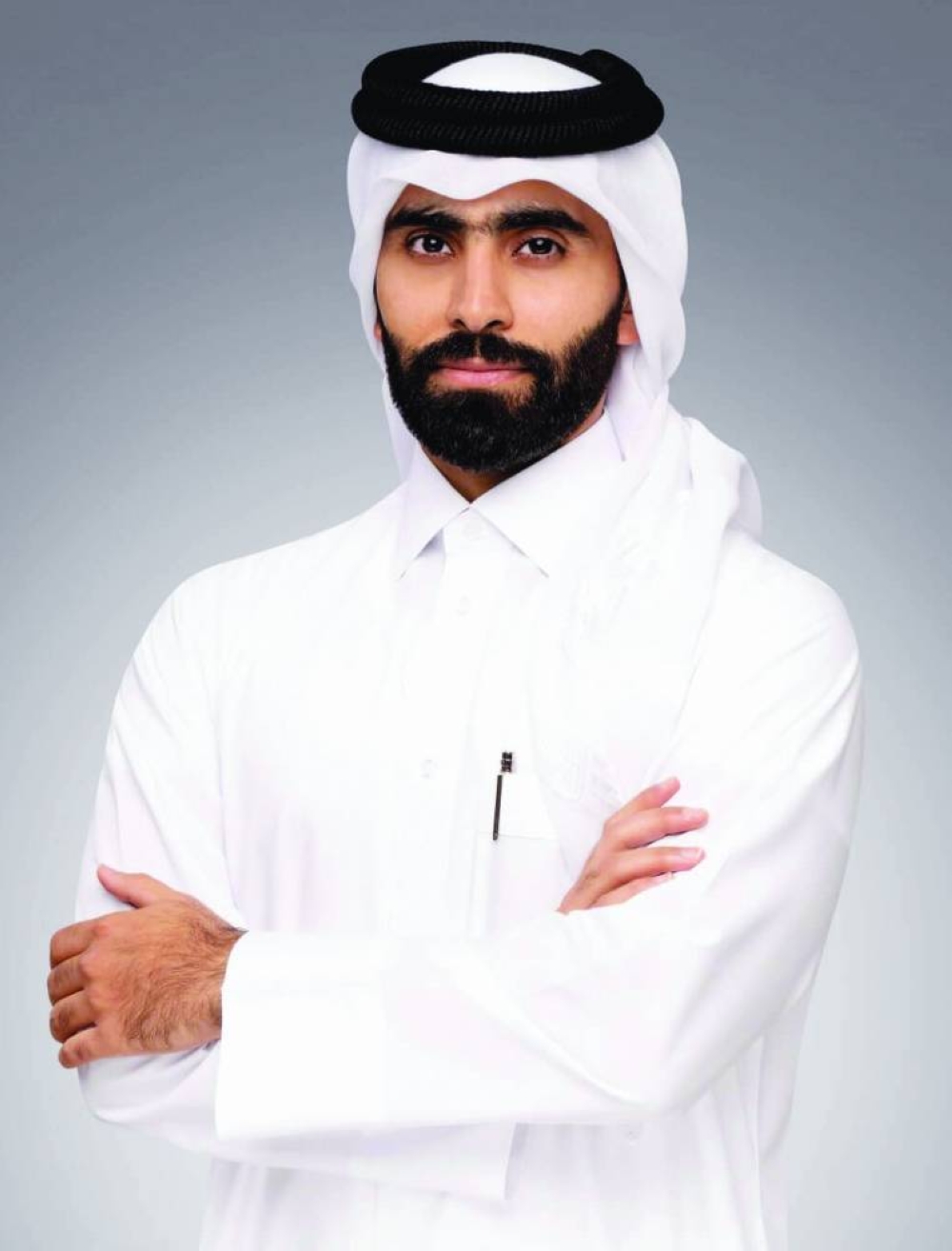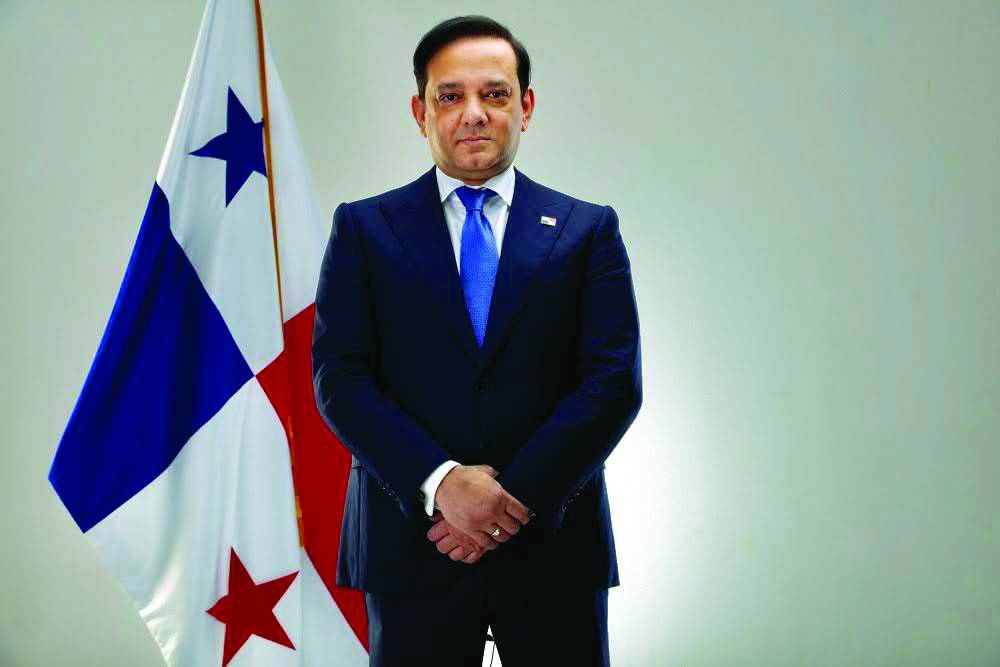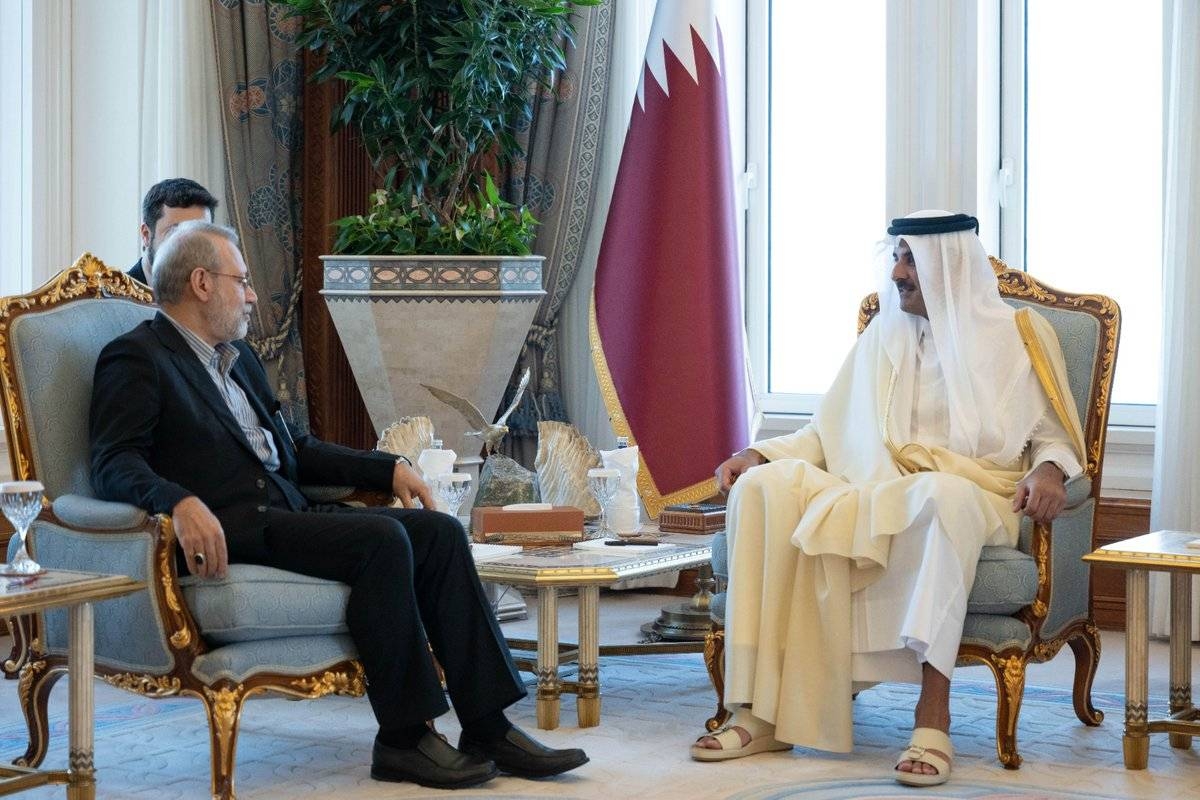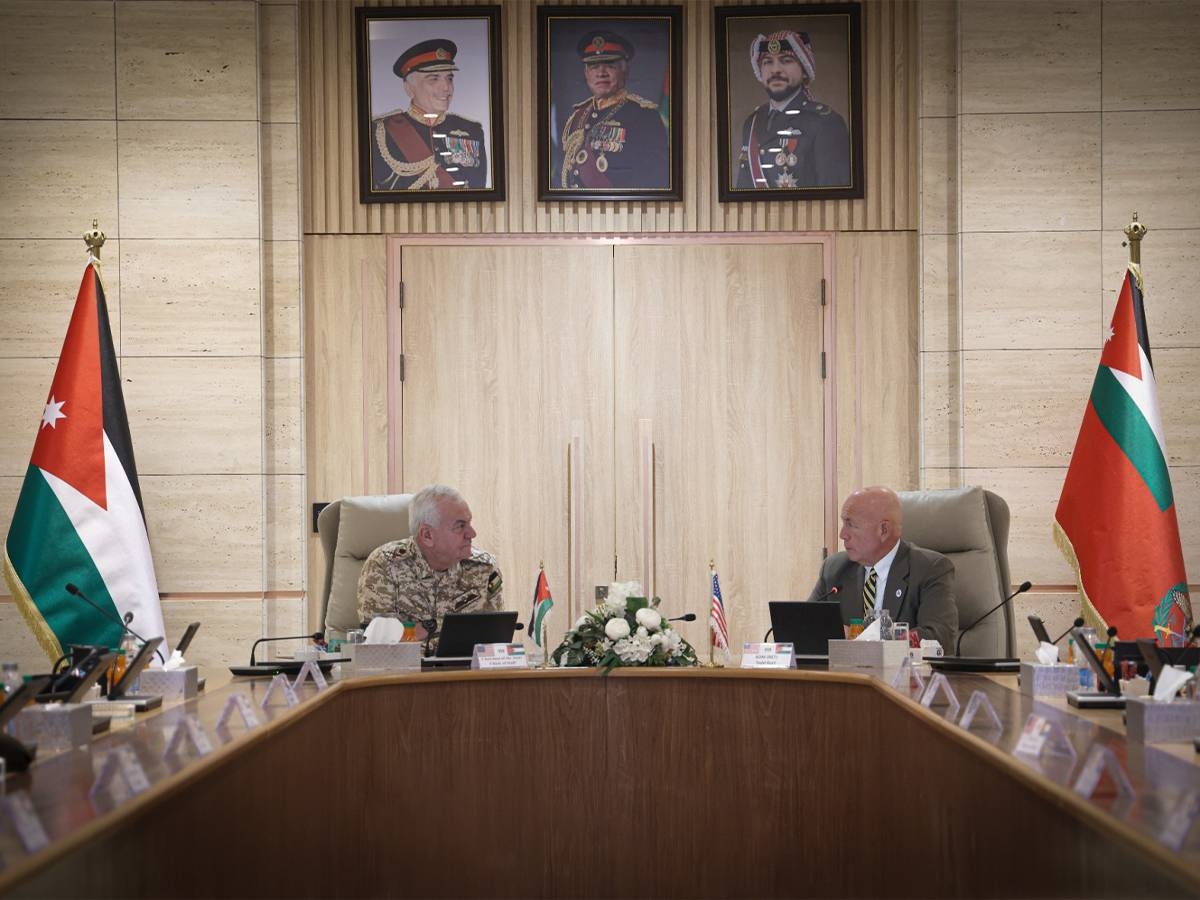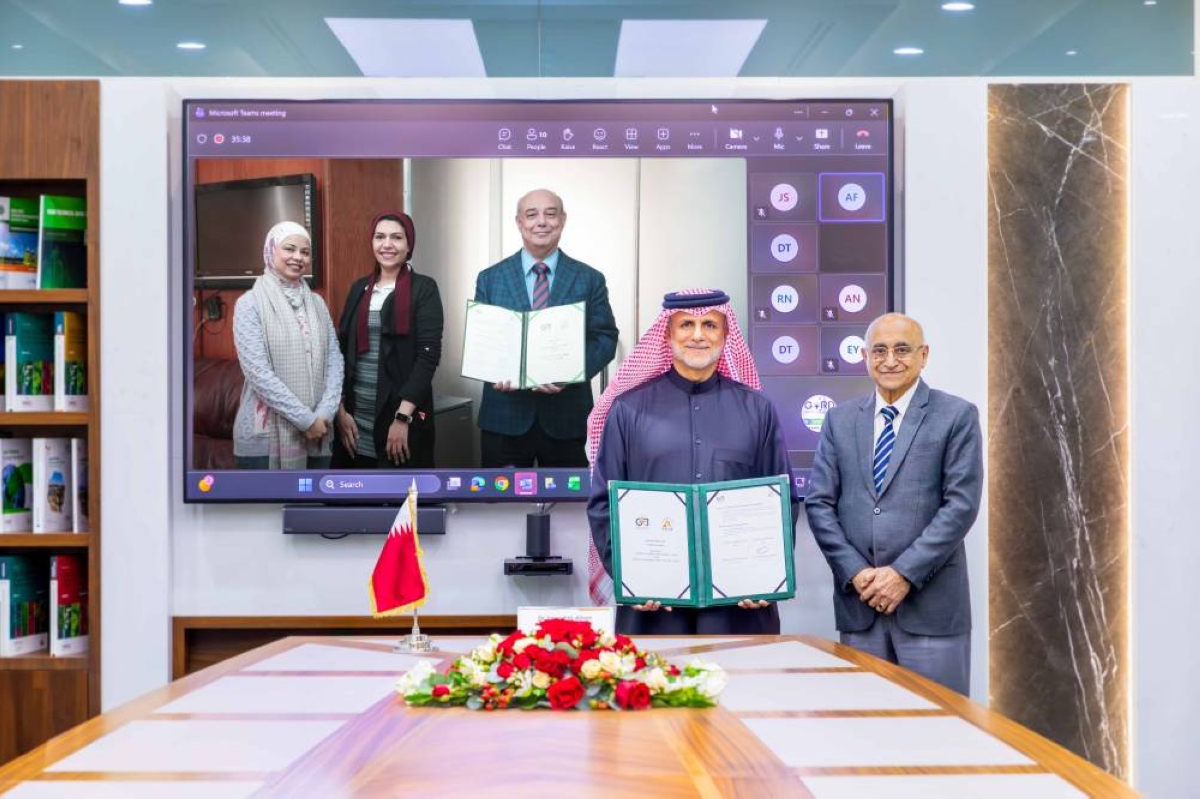The Department of Trade and Industry (DTI) has engaged in discussions with two leading local firms, Qatar Cool and Baladna, to explore district cooling system opportunities in the Philippines and ways to boost the Southeast Asian nation’s self-sufficiency in dairy production.DTI Secretary Afredo E Pascual recently led a delegation to Doha and held high-level discussions with HE the Minister of Commerce and Industry Sheikh Mohamed bin Hamad bin Qassim al-Abdullah al-Thani as well leading Qatari businesses and officials.He also participated in a panel discussion titled ‘Creating Competitive Economies’ during the Qatar Economic Forum 2024.In a recent interview with Gulf Times, Pascual said: “The delegation is following through on two investment leads: one on an integrated dairy facility and another on district cooling.”According to Pascual, Qatar District Cooling Company (Qatar Cool) CEO Yasser al-Jaidah led a delegation in the Philippines last month for a meeting with representatives from Clark International Aviation Corporation (CIAC), Luzon International Premier Airport Development (LIPAD) Corporation, Bases Conversion and Development Authority (BCDA), and the Vista Group to explore district cooling opportunities in flagship development projects in the Philippines.“The visit of Qatar Cool is also an offshoot of the Investor Roundtable in Doha. The company is the largest district cooling provider in Qatar and the fourth-largest globally. Qatar Cool is currently assessing current and potential demand in the country to support their recommendations on the feasibility of district cooling systems in the Philippines. Further, they are also reviewing the new Implementing Rules and Regulations (IRR) for Public-Private Partnership (PPP) for a possible unsolicited proposal for district cooling requirements inside the Clark Freeport,” Pascual explained.In a media statement, the DTI emphasised that Qatar Cool’s District Cooling System (DCS) technology offers a cost- and energy-efficient solution compared to individual building heating, ventilation, and air conditioning systems, which “aligns perfectly with the current administration’s goal of achieving a 20% reduction in energy consumption by 2030, with the energy sector being a key focus area.”“Projects utilising such energy-efficient technologies may be eligible for fiscal and non-fiscal incentives provided by the government, offering significant cost savings for Qatar Cool and its potential partners. Qatar Cool expressed interest in partnering with major developers focusing on district-wide or township developments in the Philippines. The company was also invited to consider locations outside Metro Manila that offer high-density developments suitable for DCS implementation,” the DTI stated.During the discussion with Qatar Cool, Pascual said: “The DTI, together with relevant stakeholders, is committed to supporting Qatar Cool’s exploration of the Philippine market. The Department of Energy will further assess Qatar Cool’s business model for potential BOI endorsement. Additionally, exploring opportunities in other locations and projects presents exciting possibilities for collaboration.”“The DTI looks forward to further discussions with Qatar Cool and facilitating their successful investment journey in the Philippines, which can contribute significantly to the country’s energy efficiency goals.” he added.Pascual also said that in February 2022, the Philippines’ Board of Investments (BOI), the National Dairy Authority, and Baladna signed a memorandum of understanding on cooperation and exchange of information and experience in the development of the dairy industry in the Philippines.“In particular, the production and processing of a wide range of fresh milk and dairy products, taking into account the potential investment of up to $500mn by Baladna into the Philippines for the establishment of a large-scale, fully integrated dairy business. The parties were represented by former DTI Secretary Ramon Lopez, former Department of Agriculture (DA) Secretary William Dar, and Baladna board member Adnan Tynan,” Pascual said.In a media statement released by the DTI, Pascual emphasised that this strategic investment aligns with the Philippines’ pursuit of self-sufficiency in food and milk production.“The Philippine government stands ready to support Baladna to realise its planned investments in the country. Through a whole-government approach, the DTI and the BOI are ready to facilitate business-to-business meetings and introductions to potential joint venture partners for Baladna. Additionally, the DA is actively identifying suitable locations for the proposed dairy facilities,” Pascual stated.During the discussion with Baladna, Pascual also underscored the substantial demand for dairy products in the Philippines, with imports nearing P3bn. He cited that addressing this demand while supporting local production is a key priority for the current administration.To further bolster the dairy sector, the delegation outlined regulatory support for labelling fresh milk, UHT milk, and imported frozen milk concentrate, emphasising the clear definitions provided by the Philippine National Standard.

Peter Alagos
Peter Alagos reports on Business and general news for Gulf Times. He is a Kapampangan journalist with a writing career of almost 30 years. His photographs have been published in several books, including a book on the 1991 Mt. Pinatubo eruption launched by former Philippine president Fidel V. Ramos. Peter has also taught journalism in two universities.
Most Read Stories
3

